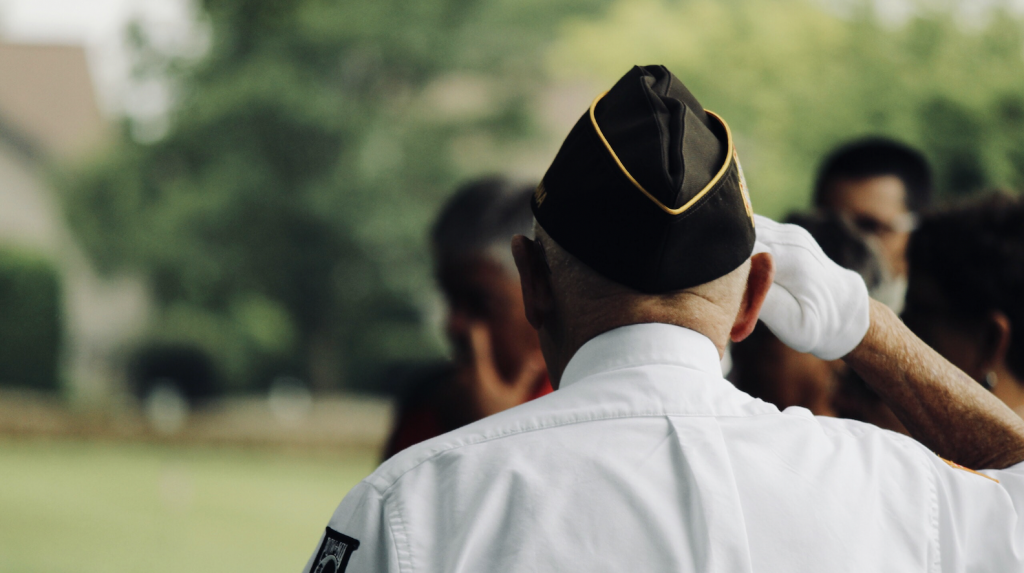Originally known as Armistice Day, Veterans Day began the year after the end of World War I. The Central Powers forced the Allies into “the war to end all wars,” causing the bloodshed of over 20 million men, women and children. The Allies lost over 5.7 million soldiers.
The war unofficially ended on Nov. 11, 1918. A year later, President Woodrow Wilson decided to commemorate the day as Armistice Day, named after the cease-fire that took place seven months before the Treaty of Versailles, which officially ended the “Great War.”
Armistice Day was a day specifically to remember the heroism of those who fought in World War I. Wilson designed the day to be a time of recollection for those who died and thankfulness for the victory won on the behalf of the free world.
In 1938, Armistice Day became a legal holiday. After World War II, Congress changed the name of the holiday to Veterans Day, celebrating any person who has ever served in the military.
In the 21st century, Veterans Day continues to be celebrated every Nov. 11. This day recognizes the continued sacrifice of veterans and their families. A key aspect of the day is to remember — remember those who have died, the struggles of those who lived and the lives the veterans sacrificed.
President Ronald Reagan, after placing the wreath on the Tomb of the Unknown Soldier, said “ … all we can ever do for our heroes is remember them and remember what they did — and memories are transmitted through words.”
During Veterans Day, it is important to understand the value of simply listening and asking veterans questions — it makes a difference. Paula J. Caplan, journalist for The Washington Post, wrote in an article, “Just by listening, civilians can help veterans heal.” The phrase “thank you for your service” is not enough. Ask about the battle experience or any specific role the veteran served in.
Show a desire for the veteran as a person, not as someone you happen to run into at the grocery store. Many veterans find themselves struggling mentally, physically or emotionally. Some are suffering on a daily basis. Veterans are certainly not inferior because of these things, but most of the time, they simply want someone to listen to the stories they’ve been thinking about for the past 20 years.
Honored veterans can speak words of knowledge and tell their experiences on the battlefield. Their stories can convey the emotions of veterans and supply innocent civilians with an understanding of what many veterans have been through.
This Veterans Day will be filled with many parades, speeches and food. However, make sure you take the time to speak with any veterans you find, whether they be fresh out of the army or 90 years old.
DuVall is an opinion writer for the Liberty Champion. Follow him on Twitter
